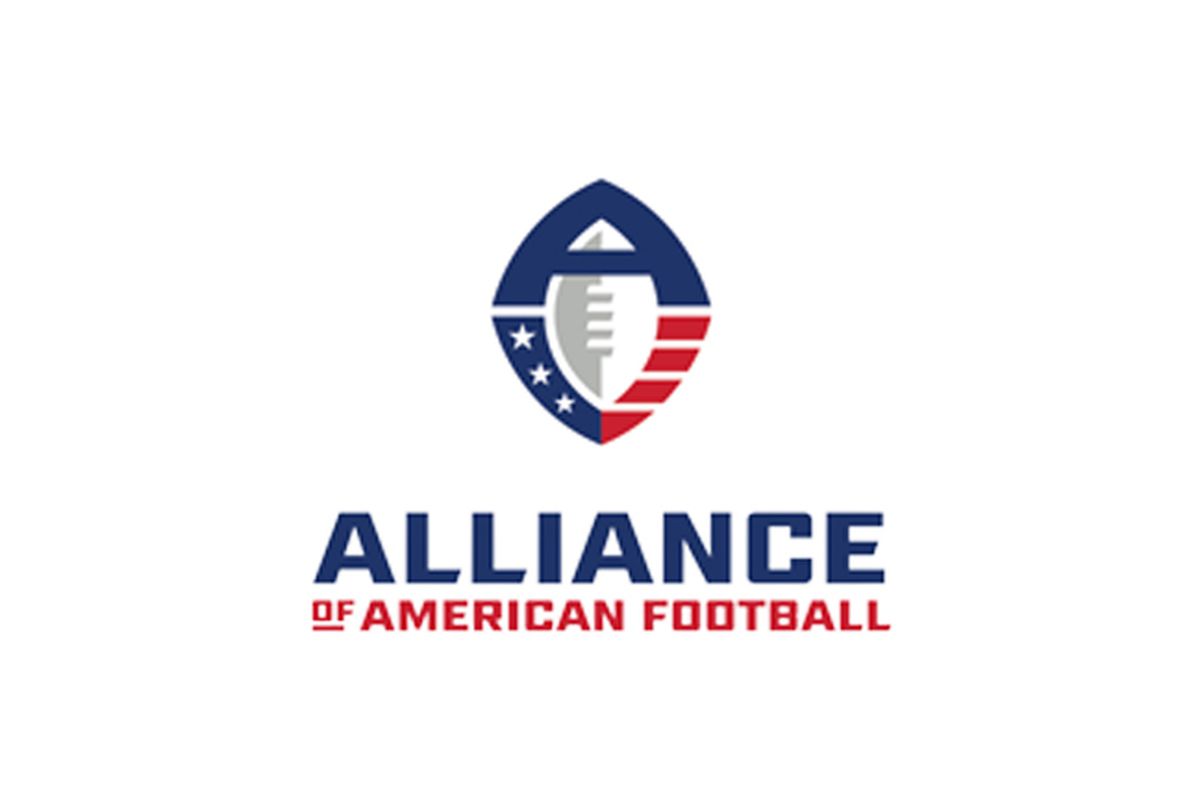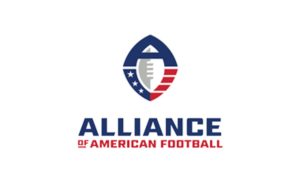The Alliance of American Football, let’s just say, did not exactly work out as Charlie Ebersol and Bill Polian had planned. A lot of that had to do with the inability to acquire stable sources of capital at the appropriate times to keep the whole thing running, but it has become readily apparent that many other things went wrong—or more accurately, were done wrong—as well.
As a quick recap, the league’s primary investor heading into its inaugural season was a man by the name of Reggie Fowler, who once played in the USFL and later as a businessman spent nearly a decade as a minority owner of the Minnesota Vikings.
One of the reasons he is no longer a minority owner was because he was found to have defaulted during a legal deposition, and had incurred millions of dollars in debts over the breadth of multiple companies. Earlier this year, he had his assets frozen and was indicted for unlicensed money transmitting services via cryptocurrencies. He is alleged to have failed to return nearly $1 billion to one client, and counterfeit currency was retrieved from his office.
You can see where this is going. Fowler pulled out, probably because he knew all of this was going down. That led to Ebersol and company begging Tom Dundon to save them, which he did, for a short while, before sinking the league. Dundon has since claimed that Ebersol and company severely misled him about the financial stability and needs of the league, among other issues.
The league itself, and Ebersol directly, are already being sued for fraud. And in response, as ESPN reported, the AAF co-founder is now responding to that suit in a filing in which he includes a defense accusing players, instead, of fraud.
That’s right, the co-founder of the AAF is accusing the league’s players of committing fraud against him, because that really sounds like a strong and believable argument.
As Michael Rothstein writes, Ebersol alleges that players had “material breaches of obligations” and “directly interfered with [his] performance of [his] obligations”. He does not go into any further detail about either of those claims beyond that.
Mike Florio of Pro Football Talk did provide helpful perspective on this matter, writing that “it’s possible (if not likely) that the highlighted allegations appear in the exhaustive list of so-called ‘affirmative defenses’…Basically, the parties who are sued will state every potential defense that they possibly will make at any stage of the case, regardless of whether the evidence ever supports those defenses”.
Failure to do so runs the risk of “a potential argument that, by not stating the defenses at the outset of the case, the defenses have been waived”, he said.
Regardless of all that, however, it’s a terribly bad argument to put down in a court document, simply from a public relations perspective. To accuse those that your league pretty much screwed—and even handled poorly in the aftermath of the closing—of fraud, even as an ‘affirmative defense’, is not going to help him win in the court of public opinion. He is trying to protect himself in any conceivable way, legally, but the optics are downright awful, and it’s hard to imagine him being very much trusted in the business side of the football world again.






